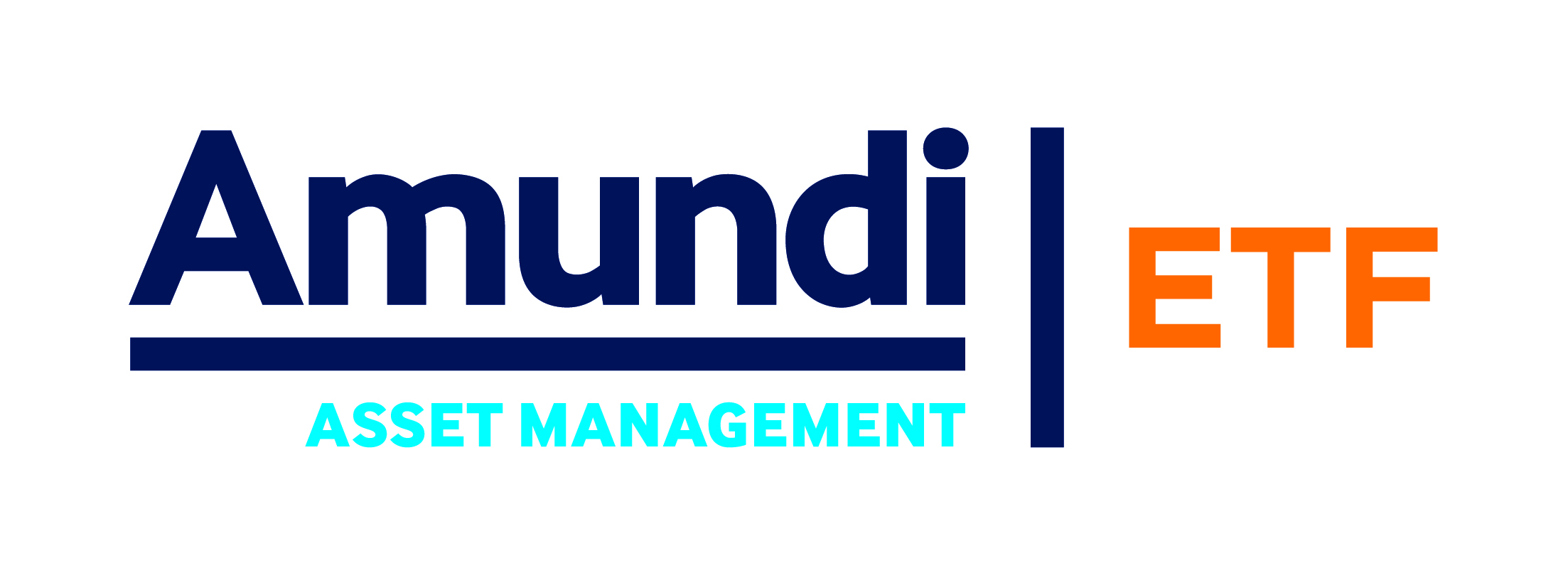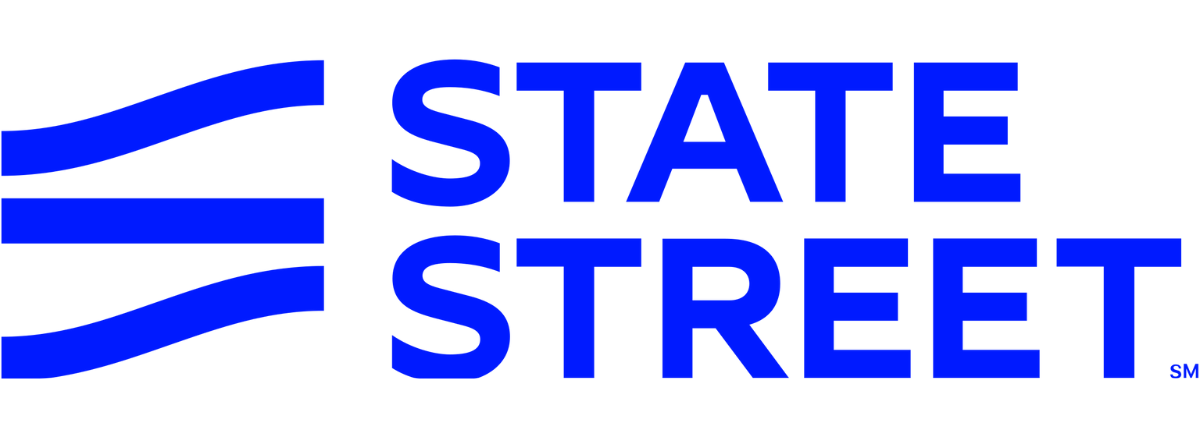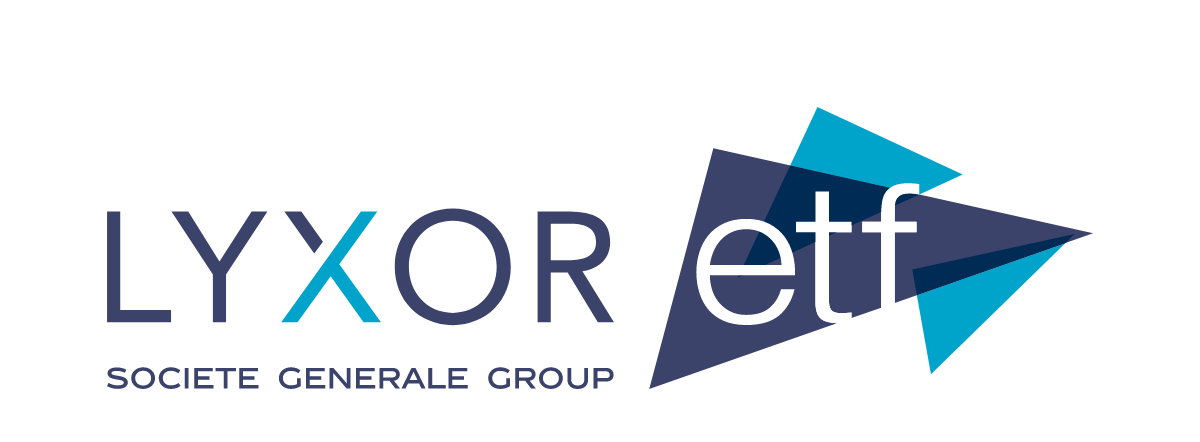Société Générale's potential sale of Europe’s third-largest ETF issuer, Lyxor, will shape how the ETF industry looks over the next 10 years, however, which rival will be the one to take the plunge?
Europe’s largest asset manager Amundi and US giant State Street are the two ETF issuers left in the race for the French asset manager, according to Reuters.
Big names such as Deutsche Bank, BNP Paribas, JP Morgan and Northern Trust – which onlyentered the European ETF marketin March – were reportedly in the running since Société Générale hired Citigroup to oversee the sale of its asset manager last September, however, they have all backed away.
Both Amundi and State Street – which are lining up bids of between €400-500m – are in the top 10 European ETF issuers in terms of asset under management (AUM), however, could the acquisition enable either of them to compete with BlackRock which has a 44.3% market share in Europe?
For Amundi, which has €64.1bn AUM, as at the end of 2020, the purchase of its French rival would catapult it into the number two spot by some distance, ahead of DWS’s Xtrackers business, with a combined €141.4bn AUM.
The French asset manager has doubled down its ETF focusover the past two years, especially in the UK, and this acquisition would be a huge sign of intent from Europe’s fifth-largest issuer.
Meanwhile, State Street Global Advisors (SSGA) currently has €40.8bn so the Lyxor purchase would announce its arrival as a serious player in Europe. The asset manager is one of the so-called 'Big Three' in the US with $905bn AUM, however, this sort of roaring success is yet to replicate in Europe.
Traditionally, US ETF issuers have had a hard time breaking the stranglehold of Europe due to fragmentation issues and distribution models that suit a bank with ingrained history on the continent.
However, this has started to change with the likes of Vanguard, SSGA and Invesco all having significant success over the past few years.
Due to low fees, the need for significant assets means the ETF market has typically been a place where the big get bigger and the smaller players struggle – see BMO’s decision to stop running its ETF business in Europe as a prime example.
Therefore, the opportunity to purchase an issuer of Lyxor’s size does not come around very often and will be of serious consideration for both remaining players. With ETFs growing at an average rate of 20% a year in Europe, this opportunity surely seems too good to turn down.






